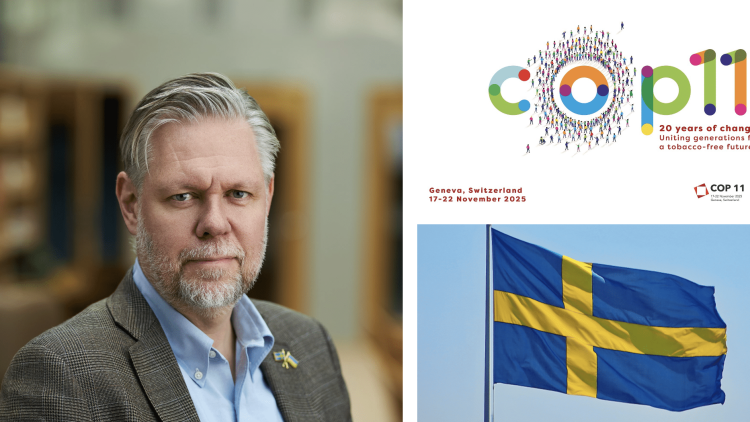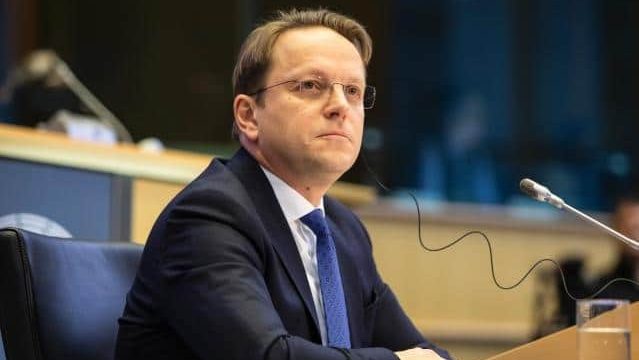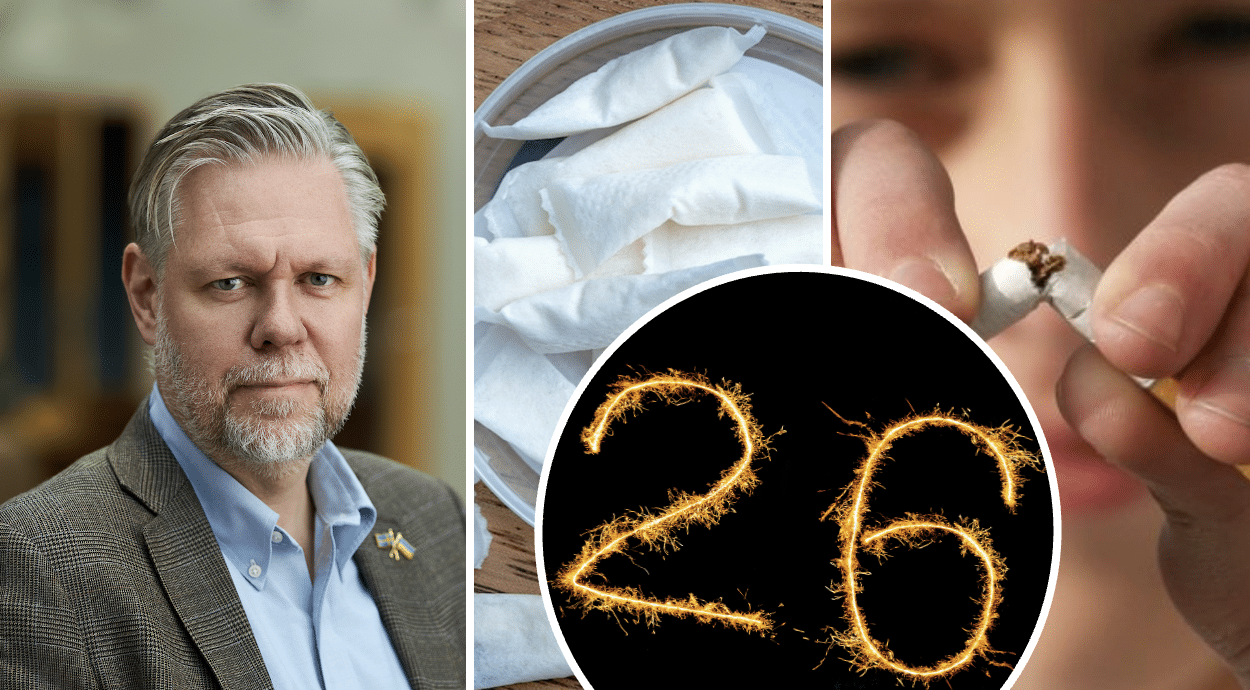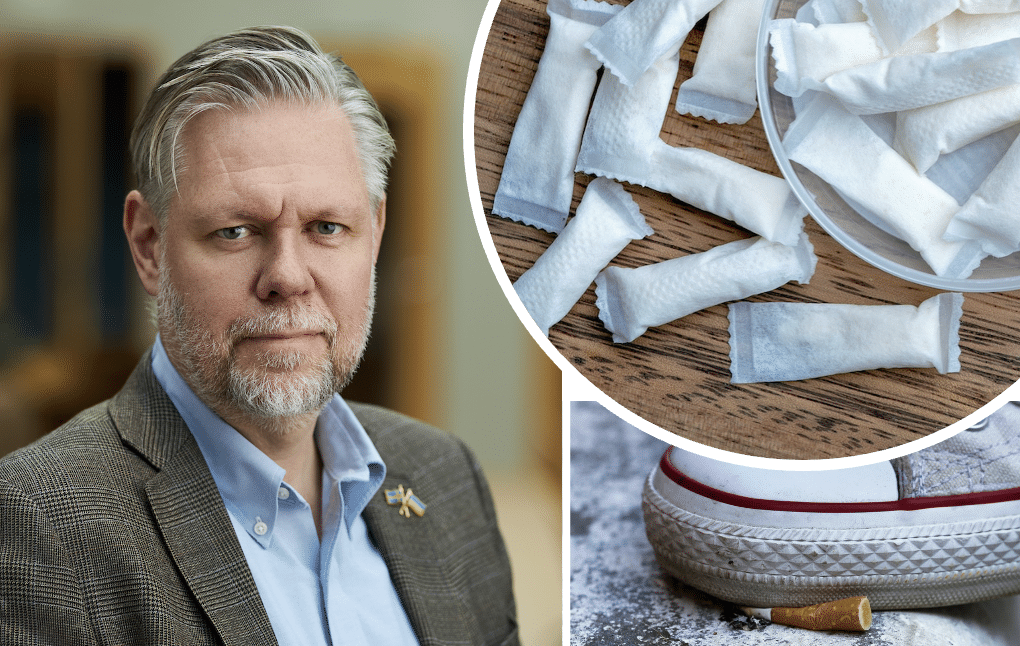
COP11: Dysfunction over harm reduction reveals WHO ‘in crisis’
With the WHO COP11 meetings in Geneva now over, Snusforumet catches up with Patrik Strömer of the Association of Swedish Snus Manufacturers for an analysis of what happened, why, and what it means for tobacco and nicotine regulation moving forward.
The parties gathered in Geneva for COP11 ultimately failed to agree on calling for an outright ban on nicotine pouches.
But leaked documents from the meetings revealed a concerted effort by the European Commission, with the Danish EU presidency, and other parties to push for language that would have paved the way for a ban on nicotine pouches and other products less harmful than cigarettes.
While Patrik Strömer, Secretary General of the Association of Swedish Snus Manufacturers, is relieved that a ban was avoided, he believes that a ban was even up for discussion is a sign of how dysfunctional the FCTC has become.
“Rather than using the meetings as an opportunity to learn from countries that have actually succeeded in reducing smoking, the FCTC now focuses solely on ideology and dogma,” he adds.
“That is a major failure.”
COP11: criticizing success, rewarding failure
Strömer points to New Zealand, where a tobacco harm reduction approach has helped cut smoking by more than half to 6.9 percent. Daily smoking among young people in New Zealand is now just 3 percent.
“Since 2019, smoking rates have declined more rapidly in association with the implementation of tobacco harm reduction measures,” New Zealand’s COP11 representative shared during one of the plenary sessions.
“A new generation is growing up smoke-free.”
But instead of receiving praise for the achievement, New Zealand received the “Dirty Ashtray” award from the Global Alliance on Tobacco Control (GATC).
Denying facts, awarding obedience
Similarly, Sweden’s strides towards smoke-free status thanks to access to non-combustible alternatives was vilified rather than celebrated at an official COP11 side event where anti-nicotine NGOs were given center stage, while consumer advocacy organisations were shut out.
“It’s totally bizarre that organizations like the Swedish Cancer Fund and A Non Smoking Generation show up for the sole purpose of hiding the truth about Sweden’s success in harm reduction,” says Strömer.
“You don’t have to like that Swedes smoke so little thanks to snus, but it’s dishonest to deny the facts.”
Strömer emphasized he is happy to discuss the matter with representatives of the organisations anytime.
“I’ve had this standing offer for years but never gotten a response, so I’m not going to hold my breath this time either,” he says.
Meanwhile, Mexico – which has a daily smoking rate roughly three times higher than Sweden – was honoured by the GATC with its “Orchid Award” for “delivering one of the most powerful and uncompromising statements against the tobacco industry”.
“From the outside, the discussion is weird. At COP11, I guess saying the right things rather than actual results is what counts,” Strömer laments.
“It’s absurd that they hand out awards for being obedient rather than for what actually saves lives.”
Pouches banned from all UN facilities
That COP11 ended without agreement on a wider ban on nicotine pouches means the “field is open” when it comes to next steps in the EU’s ongoing effort to update its own tobacco regulations.
“Half of the member states have already regulated nicotine pouches, so countries in favour of an EU-wide ban are the minority,” Strömer explains
“It’s worth pointing out that countries with bans are also less successful in reducing smoking.”
He sees little prospect of the COP11 outcomes affecting regulatory discussions in Sweden, where daily smoking rates are already around 5 percent.
However, he’s curious to see what impact the COP11 decision to ban nicotine pouches and other products from all United Nations facilities might have on Swedish civil servants working for UN bodies around the world.
“I have to imagine more than a handful of Swedish diplomats are fretting about what this means for them – and why their colleagues at negotiations in Geneva didn’t firmly oppose what is largely a symbolic move that will have little practical impact on the fight against smoking,” he says
COP12: more ideology and repression?
As he looks ahead to COP12, set to take place in 2027 in Yerevan, Armenia, Strömer is pessimistic that the WHO’s FCTC can be a positive force in helping the world’s more than one billion smokers kick the deadly habit.
“The WHO is an organisation in crisis that lacks connection to the real world when it comes to tobacco policy,” he says.
“At this point, the FCTC had devolved into a forum for irrelevant discussions where nothing is really about reducing smoking. It’s all about ideology and repression rather than achieving meaningful results.”




